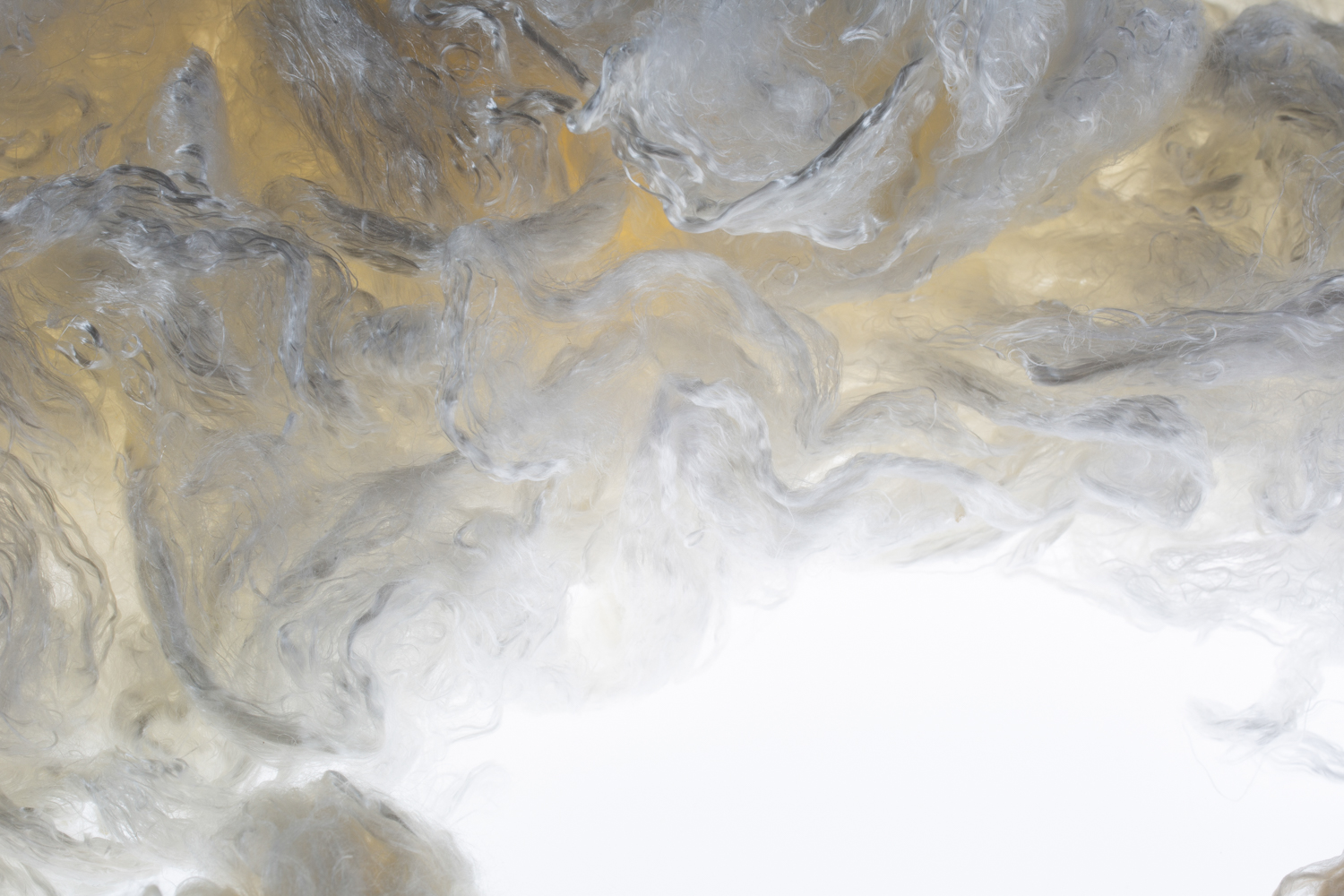
LEARNING OUTCOMES
After the course the student will
- be familiar with and inspired by Finnish biomaterials, including cellulose fibers, micro- and nanofibrillar cellulose, cellulose derivatives, lignin, bark extractives and novel combinations of these, and other biomaterials from the Finnish nature
- recognise the main sustainability issues related to these materials
- know some working methods for material exploration in laboratory environment, and have ability to apply those in their material experiments
- understand the basics of up-scaling processes related to bio-based material innovations
- have ability to envision how advanced bio-based materials could make life comfortable and more sustainable in the future
Credits: 5
Schedule: 06.06.2022 - 01.07.2022
Teacher in charge (valid for whole curriculum period):
Teacher in charge (applies in this implementation): Tapani Vuorinen, Pirjo Kääriäinen
Contact information for the course (applies in this implementation):
CEFR level (valid for whole curriculum period):
Language of instruction and studies (applies in this implementation):
Teaching language: English. Languages of study attainment: English
CONTENT, ASSESSMENT AND WORKLOAD
Content
valid for whole curriculum period:
CHEMARTS Summer School 2.0 is an intensive, experimental and interdisciplinary course focusing on wood-derived materials research. It is strongly based on ecological values. During the course students familiarise with Finnish wood-based biomaterials and explore working methods used in materials research and design practice. The course includes thematic lectures, visits to nature and companies, group discussions and assignments, independent background research and creative hands-on workshops.
There is an option to continue the project work further during the summer or following semester, either in CHEM- xxxxx CHEMARTS Project (5-10 cr) or in Bachelor s or Master s thesis.
Assessment Methods and Criteria
valid for whole curriculum period:
Material required for the evaluation: Learning diary including personal reflections and documented laboratory work, tangible material samples, final presentation.
Workload
valid for whole curriculum period:
Total workload 135 h
Lectures and visits 42 h
Assingments and laboratory work 93 h
DETAILS
Substitutes for Courses
valid for whole curriculum period:
Prerequisites
valid for whole curriculum period:
SDG: Sustainable Development Goals
9 Industry, Innovation and Infrastructure
12 Responsible Production and Consumption
15 Life on Land
FURTHER INFORMATION
Further Information
valid for whole curriculum period:
Teaching Period : 2022-2023 No teaching
2023-2024 No teachingEnrollment : Registration for Courses: Sisu replaces Oodi on 9 August, 2021. Priority order to courses is according to the order of priority decided by the Academic committee for School of Arts, Design and Architecture: https://www.aalto.fi/en/services/registering-to-courses-and-the-order-of-priority-in-aalto-arts Sign in Weboodi and send a motivation letter (max A4) to Pirjo Kääriäinen (pirjo.kaariainen@aalto.fi) by the 15th of April. Please describe shortly 1) your previous studies and 2) your personal interest related to biomaterials. Students will be selected based on their previous studies and their personal interests expressed in the motivation letter, in order to ensure highly motivated interdisciplinary stdent group. Accepted students will be informed latest by the 24th of April. Min.10, max. 20 students. The order of priority for admitting students to courses at Aalto ARTS 1.1.2018 onwards (approved by The Committee of Arts, Design and Architecture on 10.10.2017) The order of priority is as follows:
- students for whom the course is compulsory for their major/programme and who have scheduled it for the current academic year in their personal study plan (HOPS);
- exchange students for whom the course is a part of his/her officially approved learning agreement and scheduled to be taken during the current semester;
- students for whom the course is compulsory for their major/programme and who have not completed it yet;
- students, for whom the course is part of his/her major s or programme s alternative studies and has been scheduled in the student's PSP (HOPS) for the current academic year
- students, for whom the course is part of his/her major s or programme s alternative studies and who have not completed the requisite number of credits for alternative studies yet;
- students for whom the course is compulsory for their minor;
- students, for whom the course is part of his/her minor subject s alternative studies and who have not completed the requisite number of credits for alternative studies yet;
- students who have applied for the course through a student mobility scheme (internal mobility within Aalto University, flexible study right (JOO) studies etc.);
- other students.
